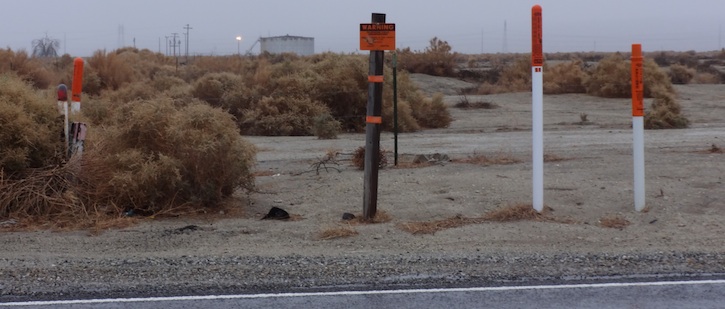Decision time nears for Google Fiber expansion
![By Kaldari (Own work) [Public domain], via Wikimedia Commons](https://www.tellusventure.com/blog/images/2014/12/nashville_skyline.jpg)
With Austin done and dusted, the next big decision point on Google’s fiber-to-the-home odyssey is: which cities will make the short list for the next round of builds? Back in May, after the deadline had passed for 34 cities to submit their responses to Google’s fiber ready checklist, the company said “We still plan to announce which cities will get Google Fiber by the end of the year“.
Well, it’s the end of the year.… More


![By U.S. Navy photo [CC0], via Wikimedia Commons](https://www.tellusventure.com/blog/images/2014/12/bell_system_overseas_switchboard.jpg)
![By Dirk Vorderstraße (Gigabit LAN Netzwerk Switch) [CC-BY-2.0 (https://creativecommons.org/licenses/by/2.0)], via Wikimedia Commons](https://www.tellusventure.com/blog/images/2014/12/ethernet_switch.jpg)

![By - G.F. Nesbitt & Co., printer [Public domain], via Wikimedia Commons](https://www.tellusventure.com/blog/images/2014/12/gold_rush.jpg)
![By California Centennials Commission [Public domain], via Wikimedia Commons](https://www.tellusventure.com/blog/images/2014/11/earl_warren_with_young_miner.jpg)


![By Baran Ivo (Own work) [Public domain], via Wikimedia Commons](https://www.tellusventure.com/blog/images/2014/11/wire_cutter.jpg)